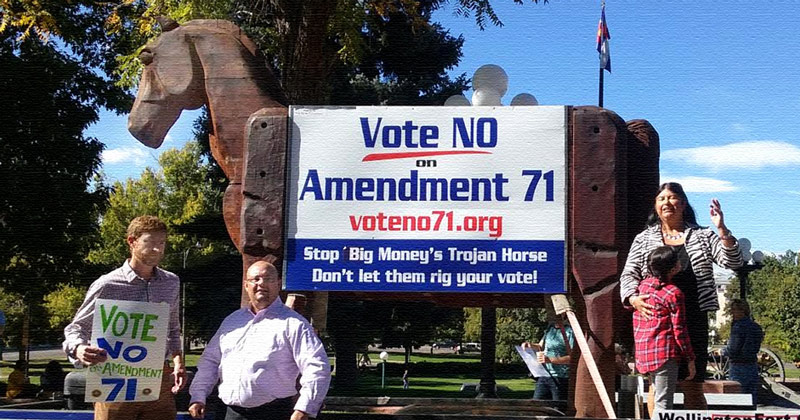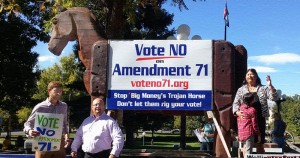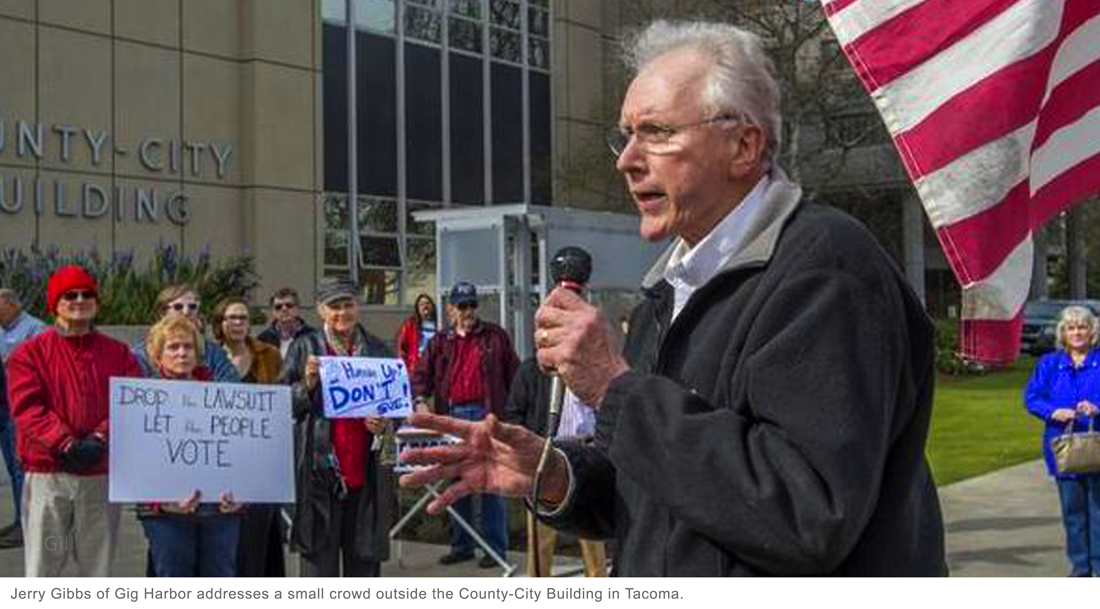“I think that the most effective way one could possibly move toward greater freedom in the United States, toward a smaller role of government, would be if we could only have a more democratic society.”
Who said that? A Democrat?
No.
The speaker quickly added, “I don’t mean a capital‑D, I mean a small‑d.”
“That is, I mean if we could have referenda,” the late Milton Friedman explained back in 1987.
The Nobel Prize winning economist — and co-author with wife Rose of the bestselling Free to Choose* — was referring to the initiative and referendum process, whereby citizens vote on laws, and in the case of initiatives directly place measures onto the ballot.
Citizens enjoy initiative and referendum rights in twenty-four states and roughly 60 percent of cities throughout the country.
“The public at large has always shown itself,” Dr. Friedman observed, correcting himself, “has almost always shown itself to be more libertarian in its views than have their elected representatives.”**
Friedman was not suggesting that a bad law becomes good because it was passed at the ballot box. He simply weighed the odds between two distinct sets of voters. Legislators are a small group, the personal power of each one so closely tied to government that politicians’ personal interests often compete against the public’s. Conversely, the much larger group of voting citizens almost defines the public interest.
Perhaps I was channeling the great doctor of economics when I was once asked, “Do you trust the people?”
My reply?
“No. But I trust the people a whole lot more than I trust the politicians.”
This is Common Sense. I’m Paul of Jacob.
* The book was first published in January 1980, in tandem with PBS’s airing of the popular “Free to Choose” series.
** He spoke this at a California Libertarian Party conference. Tough crowd.














